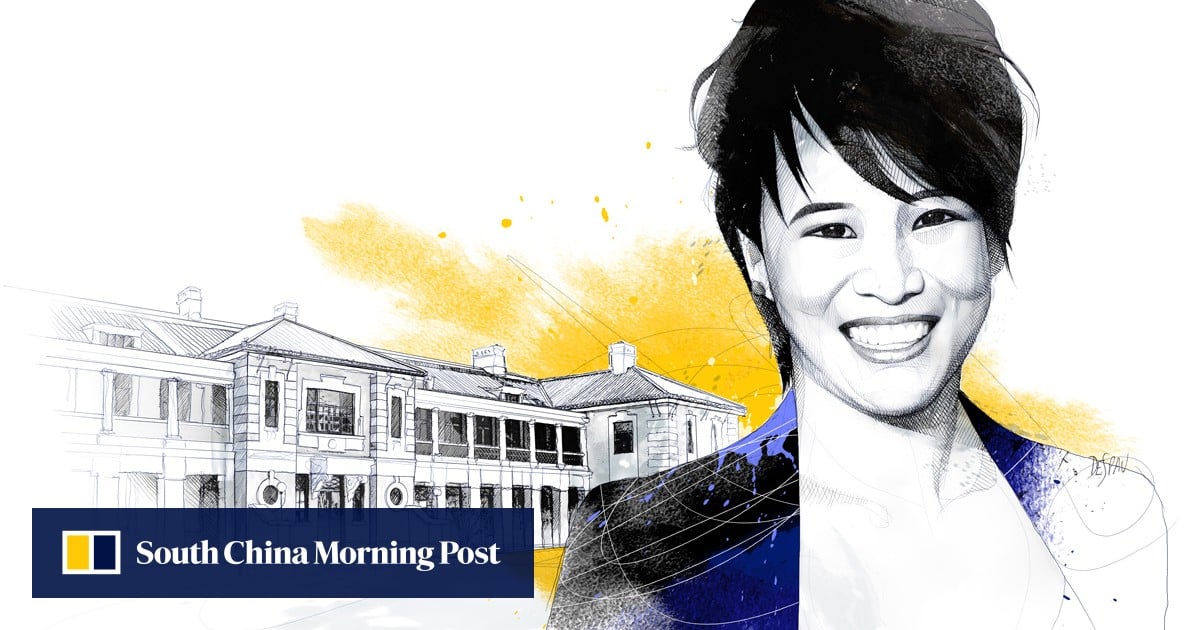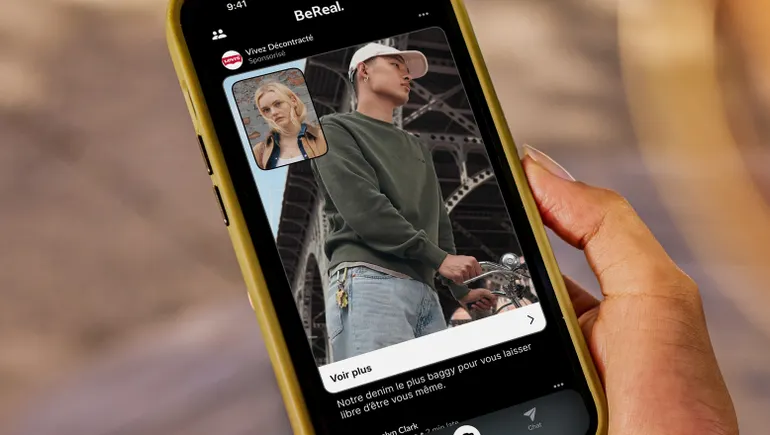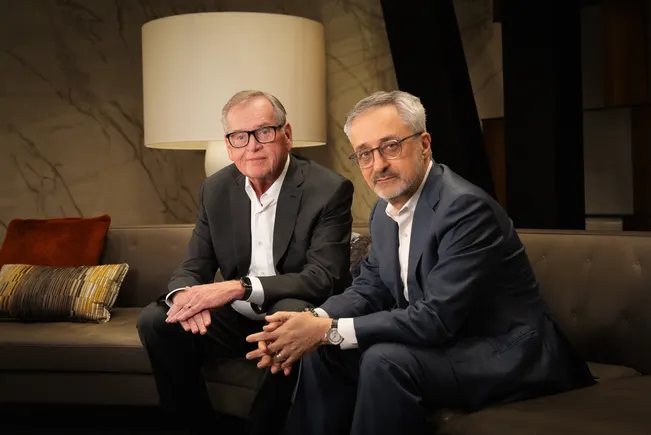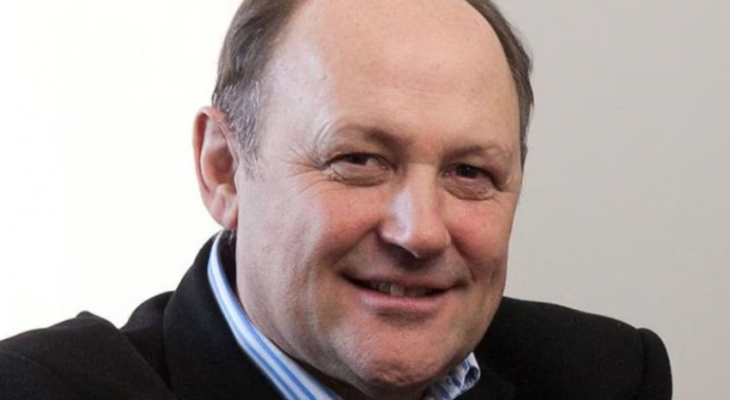Omnicom and IPG Move Closer to Finalizing Landmark Merger
Two of the world’s largest advertising holding companies, Omnicom Group and Interpublic Group (IPG), have cleared a significant regulatory obstacle in their highly anticipated merger. The companies have agreed to a consent order with the U.S. Federal Trade Commission (FTC), easing concerns over potential anti-competitive practices related to ad boycotts.
The FTC’s review focused particularly on how the merged entity might influence ad spending decisions based on political or ideological content. The consent order stipulates that Omnicom and IPG will not coordinate with other companies to restrict or redirect advertising dollars away from publishers due to political viewpoints. This agreement is a critical step forward, bringing the two firms closer to completing their merger.
Addressing Regulatory Concerns Over Free Speech and Competition
The FTC’s investigation was driven by growing scrutiny over the advertising industry’s role in shaping public discourse. In recent years, concerns have intensified about large advertisers and agencies allegedly boycotting certain media outlets based on political bias. The consent order directly addresses this issue, ensuring that the merger would not facilitate industry-wide coordination to suppress opposing viewpoints through financial pressure.
The order explicitly prohibits Omnicom and IPG from encouraging or requiring clients to avoid media platforms based on political or ideological affiliation. Additionally, it mandates that the companies implement compliance programs to ensure adherence and report regularly to the FTC.
Industry Reactions and Implications
Industry stakeholders have reacted positively to the FTC’s decision, which clears the way for the creation of one of the most powerful advertising conglomerates in history. The combined entity would command a significant share of global media planning and buying, creative services, and data analytics.
“This decision affirms our commitment to ethical practices and free expression,” said a spokesperson from Omnicom. “We are pleased to move forward and deliver even greater value to our clients while upholding the principles of fair competition.”
IPG echoed the sentiment, emphasizing that the merger would enhance innovation and efficiency without compromising editorial independence or client choice.
Consent Order Details: Safeguards and Oversight
The consent order includes several key provisions designed to prevent collusion and ensure transparency:
- Both companies must avoid any form of coordination with external parties aimed at influencing ad placement decisions based on political content.
- Internal policies must be updated to reflect this restriction, and training programs must be implemented for all relevant employees.
- Regular audits and reports will be submitted to the FTC to monitor compliance.
Failure to adhere to these terms could result in significant penalties and jeopardize the merger’s final approval.
Broader Context: Political Pressure and the Advertising Landscape
The FTC’s involvement reflects broader political and social concerns about the power of advertisers to shape media narratives. In recent years, advocacy groups and lawmakers have accused major brands and agencies of engaging in “soft censorship” by withdrawing advertising from platforms that host controversial or politically sensitive content.
This scrutiny has intensified with the rise of programmatic advertising, where ad placements are increasingly automated and influenced by algorithmic filters. Critics argue that such systems can reinforce ideological echo chambers, while supporters claim they help brands avoid reputational risk.
By enforcing this consent order, the FTC aims to strike a balance between preserving free speech and preventing anti-competitive behavior in the advertising market.
Next Steps: Toward Final Merger Approval
With this regulatory milestone achieved, Omnicom and IPG are now poised to finalize their merger, pending shareholder approval and additional regulatory clearances in other jurisdictions. The companies have not disclosed a definitive timeline for the merger’s completion but have indicated that integration planning is already underway.
Analysts predict the merger will reshape the global advertising landscape by consolidating talent, resources, and technology under a unified banner. Clients may benefit from streamlined services and improved access to data-driven insights, though some critics warn that reduced competition could lead to higher costs and fewer choices in the long term.
As the advertising industry continues to evolve, the Omnicom-IPG merger represents a pivotal moment that could redefine how brands engage with media and consumers.
This article is inspired by content from Marketing Dive. It has been rephrased for originality. Images are credited to the original source.











Leave a Reply